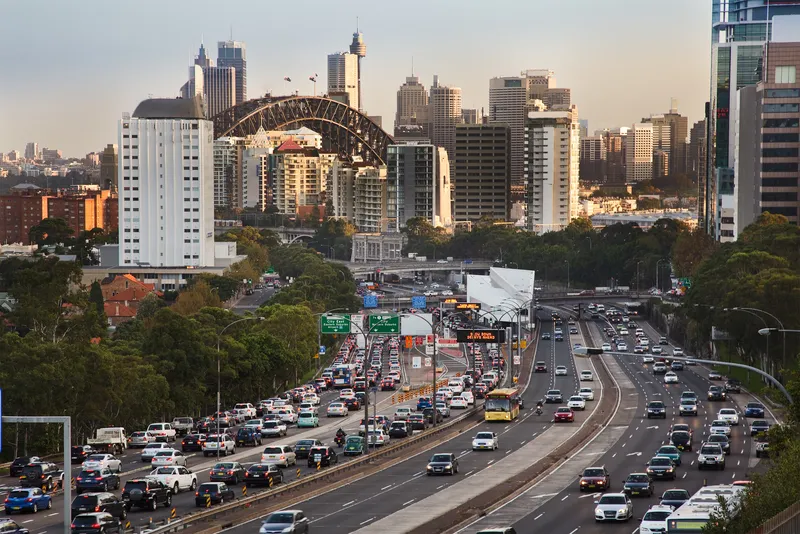Transport Ministers from the 53 member countries of the International Transport Forum (ITF) at the OECD gather in Leipzig, Germany, today for a three-day summit on the future of global mobility. The 2012 summit is headlined ‘Seamless Transport: Making Connections’ and will ask how better connectivity can improve lives and stimulate the economy. Angel Gurría, secretary-general of the Organisation of Economic Co-operation and Development (OECD), will be the keynote speaker on 3 May.
May 2, 2012
Read time: 2 mins
RSSTransport Ministers from the 53 member countries of the 998 International Transport Forum (ITF) at the OECD gather in Leipzig, Germany, today for a three-day summit on the future of global mobility.
The 2012 summit is headlined ‘Seamless Transport: Making Connections’ and will ask how better connectivity can improve lives and stimulate the economy. Angel Gurría, secretary-general of the5342 Organisation for Economic Co-operation and Development (OECD), will be the keynote speaker on 3 May.
Gurría will also be presenting the Forum’s 2012 Transport Outlook. Issues for discussion include:
The event includes a Ministerial meeting, panel discussions with leaders from business, research and civil society as well as bilateral and informal meetings. For the first time, the Ministers’ meeting will be partly open to the media.
“Connectivity is a 21st century megatrend”, said Michael Kloth, acting secretary-general of the ITF. “The digital revolution has made it easier to link up, but people and markets also long to be better connected in physical ways.”
“Enabling transport to become more seamless – between modes and systems, across borders, regulatory frameworks and ownership structures – will stimulate creativity, set free resources, help economic growth and provide better solutions for transport users,” said Kloth.
The 2012 summit is headlined ‘Seamless Transport: Making Connections’ and will ask how better connectivity can improve lives and stimulate the economy. Angel Gurría, secretary-general of the
Gurría will also be presenting the Forum’s 2012 Transport Outlook. Issues for discussion include:
- Rethinking the Last Mile: What new approaches exist for freight delivery in cities?
- The Future of Travel: How does e-Ticketing, smart-phone use and data sharing change mobility?
- Facilitating global trade: Connectivity across borders
- Transport for Growth: Can better connectivity stimulate economic activity?
- Smart Grids: How to power the e-mobility future?
- Collaboration in connectivity: Achieving seamless transport between cities and regions
The event includes a Ministerial meeting, panel discussions with leaders from business, research and civil society as well as bilateral and informal meetings. For the first time, the Ministers’ meeting will be partly open to the media.
“Connectivity is a 21st century megatrend”, said Michael Kloth, acting secretary-general of the ITF. “The digital revolution has made it easier to link up, but people and markets also long to be better connected in physical ways.”
“Enabling transport to become more seamless – between modes and systems, across borders, regulatory frameworks and ownership structures – will stimulate creativity, set free resources, help economic growth and provide better solutions for transport users,” said Kloth.







